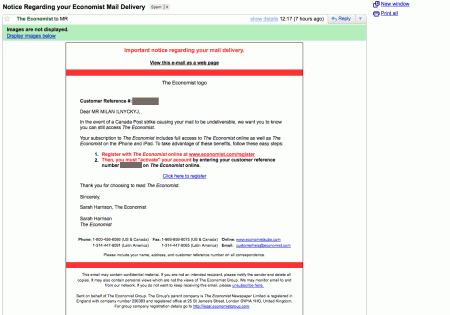Robertson Davies’ The Rebel Angels is a novel about a beautiful young gypsy graduate student who has two middle aged professors fall in love with her, but decides to marry a rich young banker. There is also a somewhat perverse ex-monk who kills a third middle-aged professor, also somewhat perverse.
Intermixed is a lot of philosophy and speculation which is convincing and compelling to varying degrees. The much-elaborated theory that personality is closely linked to digestive function doesn’t reek of plausibility, and I am in no position to judge theological speculations. Still, the overall feeling of the book was that the factual claims within cannot be fully trusted – that they are meant to provide a plausible framework for the action, rather than withstand scrutiny on their own. As someone who prefers to read non-fiction (and generally reads fiction for the benefit of the factual elements) this was frustrating.
I also have a dislike of novels in which the narrator varies from chapter to chapter, particularly when they are not identified at the outset. To me, this seems like the sign of an author who is trying to be a bit too clever. Usually, it produces mild frustration and muddles together the various characters, who often do not end up seeming terribly different. For the most part, the characters are easy to become frustrated with – they take themselves much too seriously, and see all their mundane dealings as reflections of essential matters of philosophy.
The book certainly contains some interesting arguments and convincing observations, however. There are some nice little phrases about the common quirks of academics and universities: “Whatever people outside universities may think, professors are busy people, made even more busy by the fact that they are often unbusinesslike by nature and thus complicate small matters” (p.246 paperback). There are also some acute observations about people who are especially prideful about their own capabilities and intellects.
This book was recommended to me by a friend who I am hoping to understand better, so part of the process of reading it was trying to experience it from her perspective. Not only her perspective, but the perspective she had when she first read it. I don’t think I have especially succeeded in that, and I feel a bit embarrassed about responding to the book critically. Still, it seems better to write something honest than falsely claim to have understood the appeal and genius of the book.
There are plenty of books that have affected me in significant ways, but which I think others would be hard placed to trace in me as I am now. Particularly for the young, books that seem really special are often those that serve some acute current need. Even once the need has been filled, there is an enduring gratitude to the book and the author for having filled the gap during the time when it was present. As such, the books that have been important in a person’s life are a bit like the scaffolding used to construct a building. They aren’t visibly present in the final form of the structure, but they affected the way in which it emerged in important ways.

